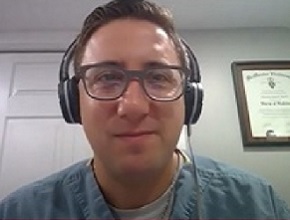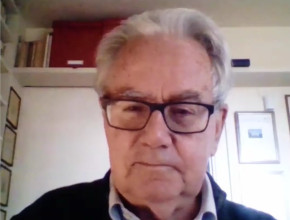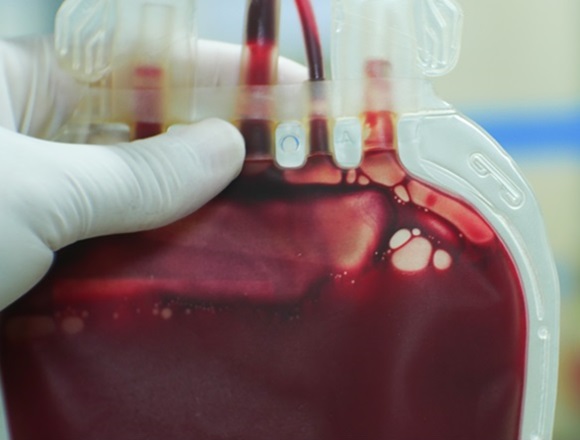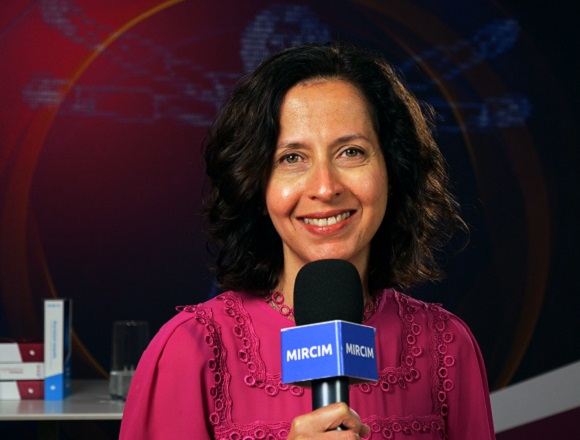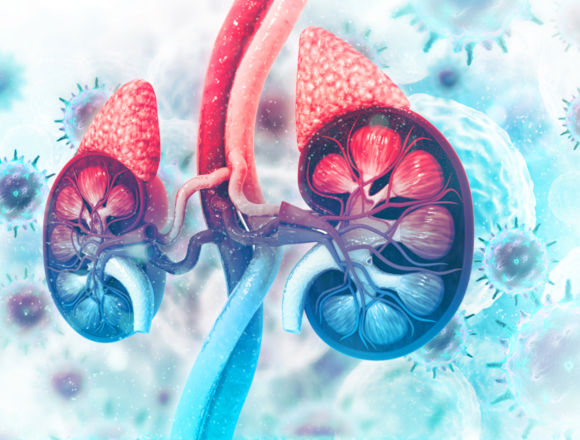Dr Reinhold Kreutz is a professor of hypertension and clinical pharmacology, director of the Department of Clinical Pharmacology and Toxicology at Charité - Universitätsmedizin Berlin, Germany, and president of the European Society of Hypertension (ESH).
If you were to name the 3 most important recent advances in the treatment of arterial hypertension, what would they be?
Reinhold Kreutz, MD, PhD: Obviously, it is difficult to dissect the 3 most important advances recently obtained in the treatment of arterial hypertension, but as the president of the European Society of Hypertension (ESH), I have to say that I am also convinced that among those 3 factors, one important move forward is the simplified core drug treatment algorithm, as it has been presented in the 2018 European Society of Cardiology (ESC) and ESH hypertension guidelines (doi: 10.1097/HJH.0000000000001940). I think it is beautiful and short. Actually, with this treatment algorithm, two-thirds of the patients could be controlled. A major problem still is the adherence to therapy. We have to improve the adherence, to work together with the patients to improve adherence to therapy, also using single-pill combinations as much as possible. Maybe this is the first one.
The second one is, clearly without question, the development and proof-of-concept studies showing now the efficacy of device-based therapy using renal denervation for blood pressure lowering in hypertension. There was hype at the very beginning, or more than a decade ago, with these studies, and there were also some criticism and controversy whether this renal denervation procedure is effective at all. But there are now several very good controlled studies showing clearly that the method is efficacious and that it works. It can lower blood pressure. The new challenge now will be... the new questions ahead of us will be to show the clinical use, implementation, prognostic value, and long-term effects of renal denervation in hypertension treatment.
Finally, I think a very recent exciting development was also presented during our very recent ESH-ISH ON-AIR virtual meeting or congress in the late breaking clinical trial session, which is another therapy based on using interference RNA technology to lower blood pressure with 1 dose by subcutaneous injection that lasts several weeks, potentially 3 months or maybe even longer, which has to be shown in the future studies. Interference RNA technology that has been also shown to be efficacious in lowering, for instance, low-density lipoprotein (LDL) cholesterol [levels] with 2 injections per year is now also available [as a method] for blood pressure control, hypertension treatment. This first study, phase 1 study in humans, is very promising. The study targeted the angiotensinogen expression in the liver by interference RNA and was able to suppress the angiotensinogen expression in the liver and thereby basically inhibit the renin-angiotensin system long term. This might be an addition or an alternative for patients [who will be able to use] just maybe 1 injection [or] a couple [injections] per months, and maybe hopefully, only 2 injections per year, we do not know yet, to lower blood pressure to a significant level and thereby contribute to better blood pressure control.
These are the 3 most important recent advances in the treatment of arterial hypertension I would like to mention.
 English
English
 Español
Español
 українська
українська


